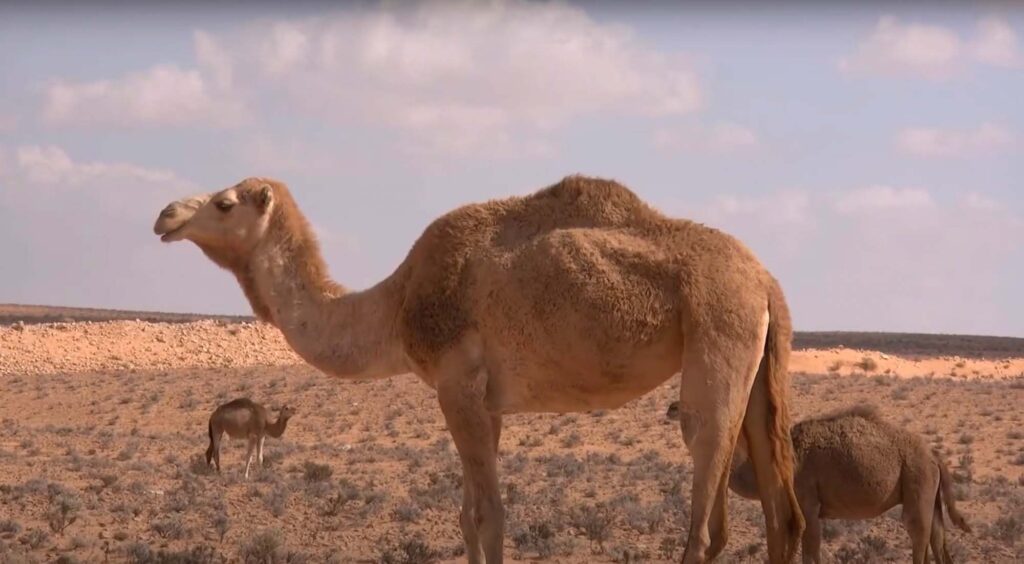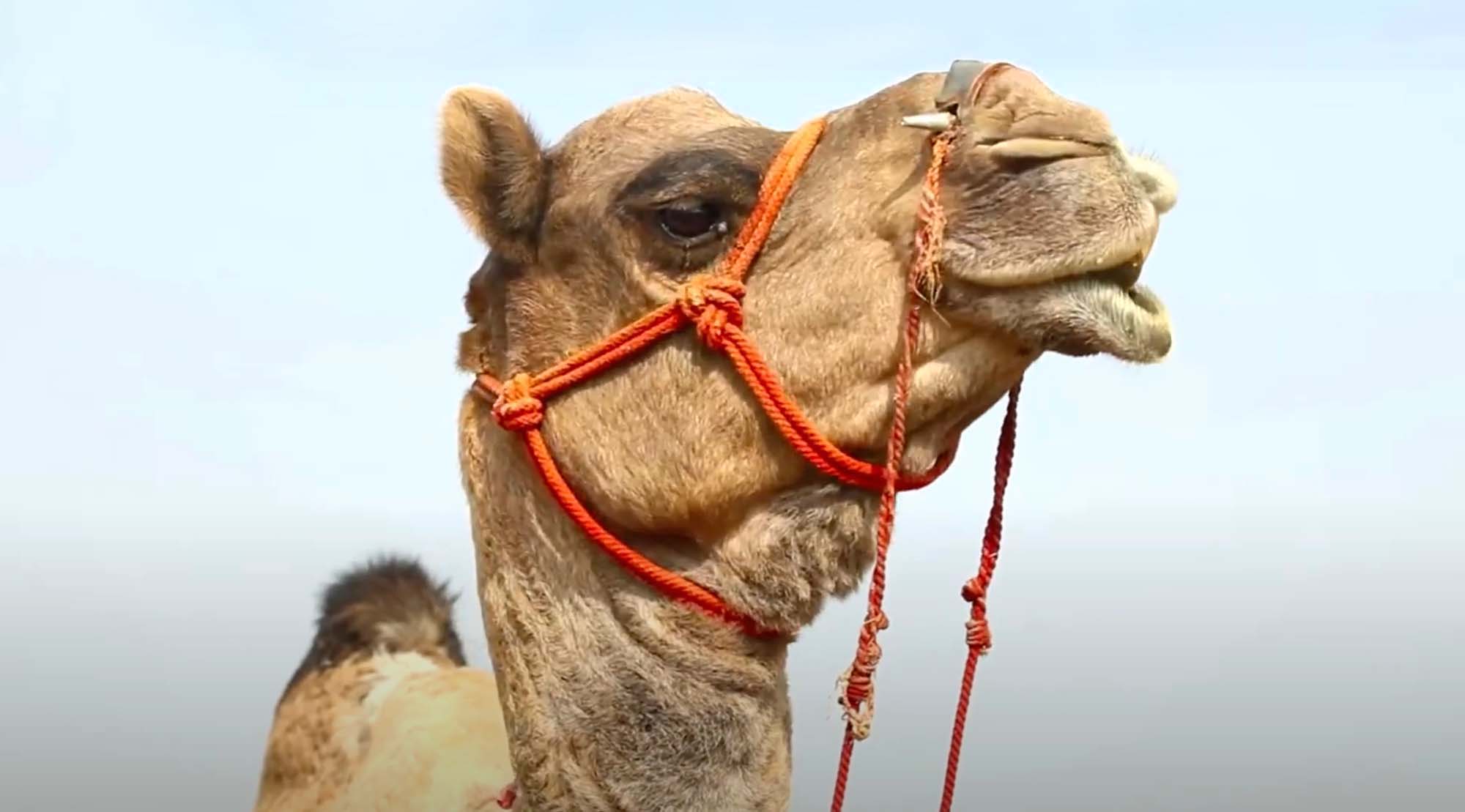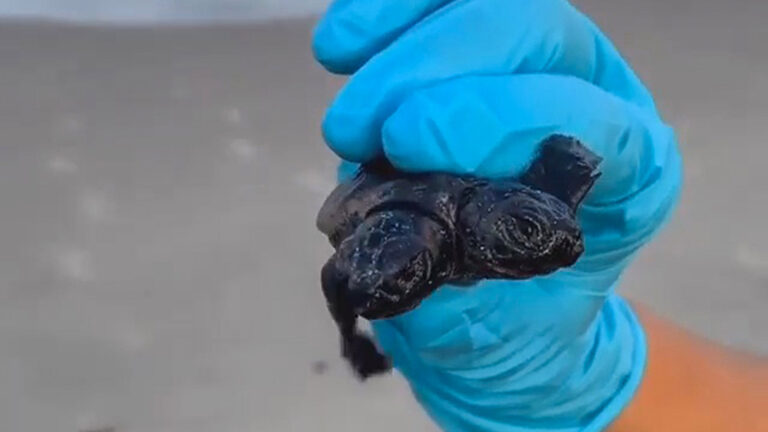Dutch boffins have debunked the myth that camel poo can help treat dysentery as was previously believed to have been done by nomadic Arab tribes in North Africa.
The microbiologists from the Amsterdam UMC and the University of Amsterdam in the Netherlands rejected the common belief according to which camel faeces can be used for treating dysentery as reported on Wednesday, 10th August.
Microbiologist Jurgen Seppen said: “It is unlikely that this early form of faecal transplantation has ever occurred.”
German soldiers supposedly occupying North Africa in World War II discovered that the Bedouins – desert nomads – were treating dysentery with fresh camel faeces.
Latter scientific reports assigned the health benefits of this phenomenon to the Bacillus subtilis bacterium found in the excrement.
During the 20th century, cultures of Bacillus subtilis – also known as the hay bacillus or grass bacillus – were popular worldwide as immunostimulatory agents to aid the treatment of gastrointestinal and urinary tract diseases, before the emergence of antibiotics.
Seppen added: “No independent evidence for the camel faeces story could be found with a deep literature search. There is a lot of literature about therapeutical use of camel urine, but not about camel faeces.”
Amsterdam UMC revealed that the camel faeces references are all based on a single, facetious paper from 2001, whose source is no longer traceable online.

Seppen explained: “There is evidence that Bacillus subtilis has a probiotic effect and can help in reducing diarrhoea. This makes the story that Bedouins used camel faeces with Bacillus subtilis in the treatment of dysentery attractive.”
Microbiological analysis of two different camel faecal samples from Egypt showed that only low amounts of Bacillus subtilis are present in the tested specimens.
Seppen stated: “We could only detect Bacillus subtilis with a sensitive method that takes advantage of the fact that this bacterium makes resistant spores. The concentration of Bacillus subtilis in camel faeces is comparable to that in human faeces or soil and far below a concentration that could have a therapeutic effect.
“We show that a dubious story, when plausible and catchy, can be quickly picked up and spread, also in the serious scientific literature. The importance of this research is not only correcting the scientific literature.
“We have developed techniques we will use to investigate the importance of Bacillus subtilis and other bacteria that form resistant spores in intestinal disorders.”
The study was published in the peer-reviewed open access scientific journal PLOS One on Wednesday, 10th August.
Meanwhile, absurd trends involving shocking acts with camel faeces such as the ‘Dubai Porta Potty’ have emerged for rich men in the UAE.
Influencers have reportedly been paid ridiculous amounts of money – sometimes even up to USD 50,000 – to let wealthy men and camels poo on them.
To find out more about the author, editor or agency that supplied this story – please click below.
Story By: Georgina Jadikovska, Sub-Editor: Marija Stojkoska, Agency: Newsflash
The Ananova page is created by and dedicated to professional, independent freelance journalists. It is a place for us to showcase our work. When our news is sold to our media partners, we will include the link here.




